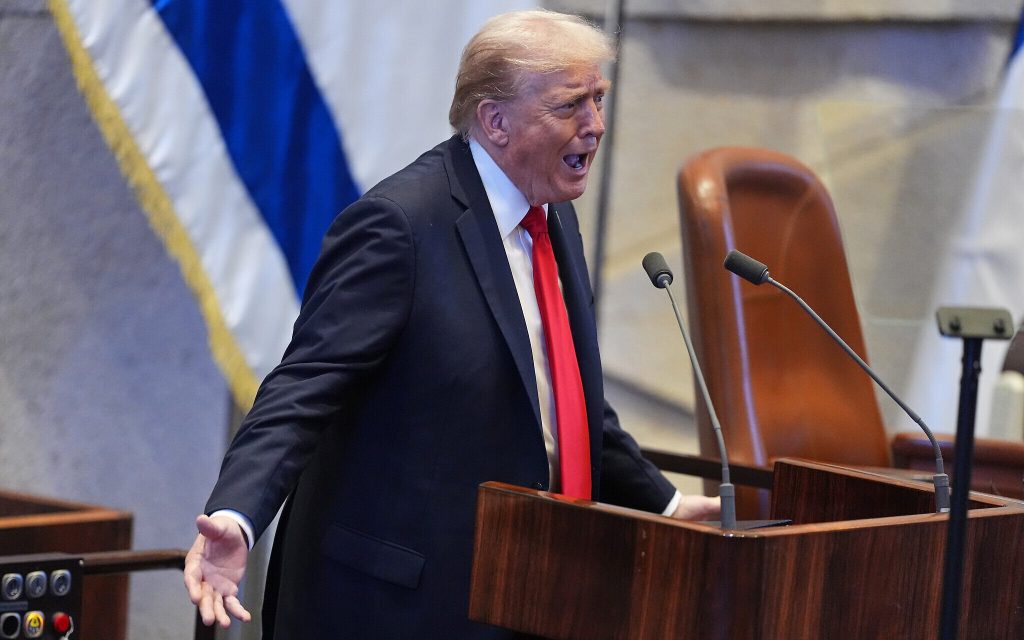
U.S. President Donald J. Trump has announced the designation of Nigeria as a “Country of Particular Concern” (CPC) under the International Religious Freedom Act, citing what he described as widespread killings of Christians by radical Islamist groups.
In a statement shared on his official social media handle, Trump said Christianity was facing an “existential threat” in Nigeria, claiming that thousands of Christians had been killed in recent years. He said the United States could not “stand by while such atrocities are happening in Nigeria and numerous other countries.”
“When Christians, or any such group, are slaughtered like is happening in Nigeria, something must be done,” Trump wrote. “We stand ready, willing, and able to save our great Christian population around the world.”
The former president said he had directed Congressman Riley Moore, House Appropriations Committee Chairman Tom Cole, and other U.S. lawmakers to investigate the situation and report back to him.
The CPC designation is one of the strongest labels the U.S. government can apply to nations accused of severe violations of religious freedom. It can trigger diplomatic measures, sanctions, or limits on certain forms of U.S. assistance.
Mixed Reactions and Nigerian Government’s Position
The Nigerian government has not yet issued an official response to Trump’s statement. However, authorities have previously rejected claims of systematic persecution of Christians, arguing that the violence in parts of the country affects people of all faiths.
Security experts note that Nigeria faces multiple overlapping crises — including Islamist insurgency in the northeast, herder-farmer clashes in the Middle Belt, and widespread banditry in the northwest — which have claimed lives across religious and ethnic lines.
Human rights groups, meanwhile, welcomed the renewed U.S. attention to religious violence but cautioned against oversimplifying the country’s complex security challenges.
Background
Nigeria was first listed as a “Country of Particular Concern” in 2020 during Trump’s presidency but was later removed from the list under the Biden administration in 2021 — a move that drew criticism from Christian advocacy groups.
With Trump’s latest declaration, the issue is expected to regain prominence in U.S.–Nigeria relations, potentially influencing aid, trade, and diplomatic cooperation between both countries.
